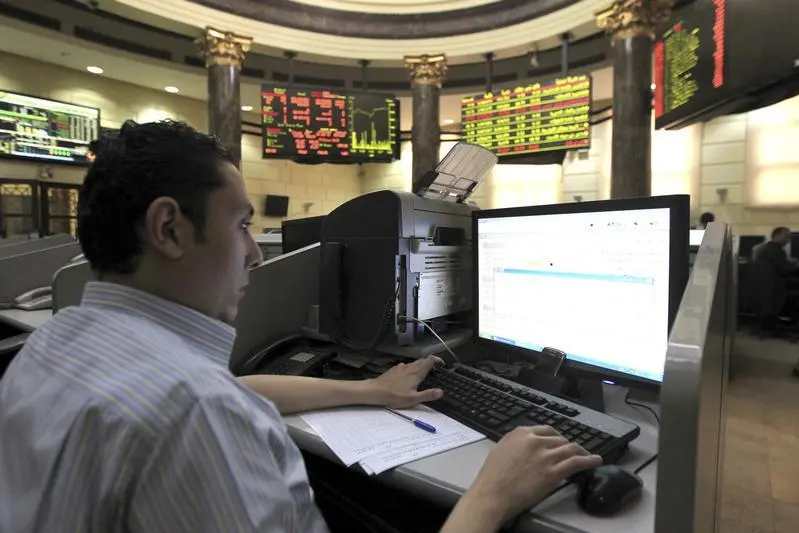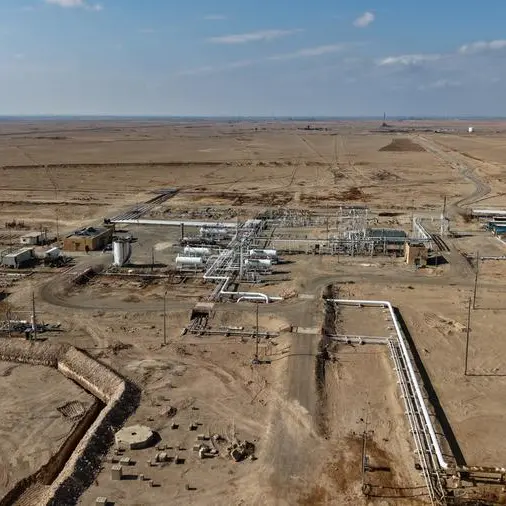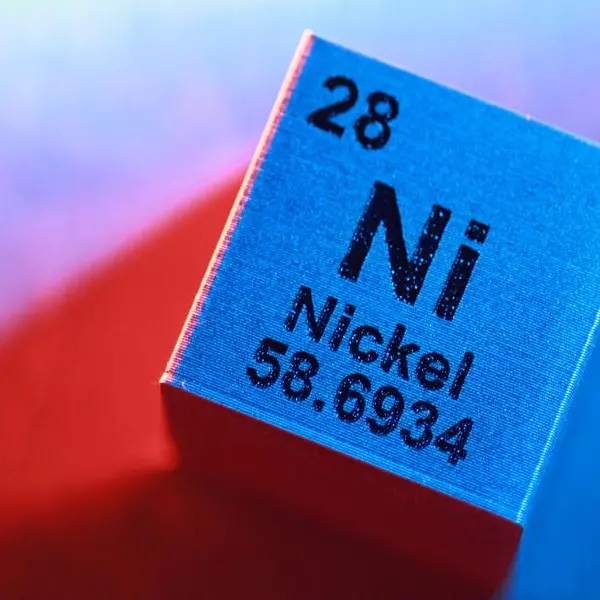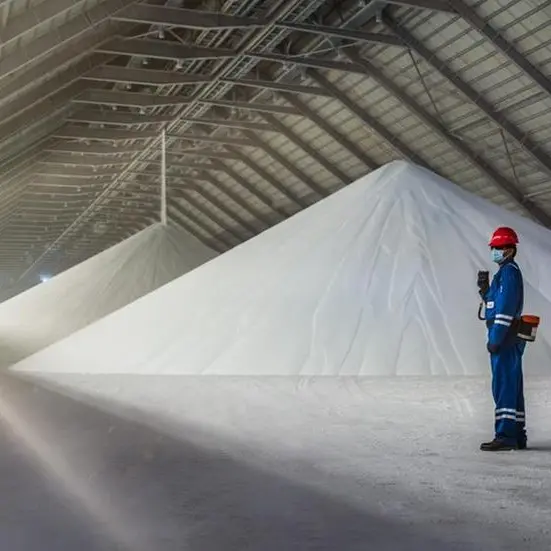PHOTO
High-interest investment certificates introduced by the CBE in February have not attracted much demand, reports Hayat Hussein
The day following the devaluation of the Egyptian pound in February, the Central Bank of Egypt (CBE) announced the launch of three-year pound-denominated investment certificates. The certificates offered a 15 per cent yield, to be paid for in hard currency in a bid to attract investors.
Banks issuing the certificates, the state-owned lenders, said they would be available for payment in dollars for 60 days. But with only two weeks remaining of this period, which started in mid-March, sources at the banks have told Al-Ahram Weekly that the certificates have not thus far attracted large numbers of clients.
Mohamed Eltriby, head of Banque Misr, told the local media this week that his bank has collected $130 million through the certificates. The National Bank of Egypt (NBE) and Banque Misr, Egypt's two biggest state-run banks, said they had collected $51 million as of the end of March.
"These sums are small compared to the total dollar deposits in the banks," one banker told the Weekly on condition of anonymity. "The NBE has $10 billion in deposits, and the amount the certificates attracted was an indicator that they are not alluring," he added.
Another banker said there are many reasons pushing dollar holders to not give up their dollars. These include weak economic conditions and the perception that the government has an unclear vision for the future. The latter has caused the exchange rate of the dollar against the pound to increase, a trend that is expected to last because of the shortage of dollars.
A month after Egypt sought to end a dollar squeeze with the biggest single currency devaluation in 13 years, the country is thus back to square one.
Traders were selling hard currency at LE11against the pound on Monday. Last week the dollar exchange rate softened to LE10.40 after the United Arab Emirates pledged $4 billion to Egypt, with half to be allocated for development and half deposited in the CBE to shore up its foreign-currency reserves, which will increase to $18.5 billion.
The revival in unregulated trading puts pressure on the CBE governor, Tarek Amer, who took the helm of the regulator in November to follow through on a pledge to adopt a more flexible exchange rate. Four devaluations since the start of 2015 have failed to quash the black market, a key supplier of foreign exchange for companies unable to meet their needs through the banks.
The CBE has cracked down on exchange bureaus selling currency at unofficial rates, closing down 13 bureaus last week. Despite this, however, market experts expect further drops in the value of the pound against the dollar.
The 15 per cent certificates were one tool introduced by Amer to circumvent the dollar crunch, with others including the new beladi dollar- and euro-denominated certificates of deposit for Egyptian expatriates. The state banks have also introduced a currency hedging option to attract foreign investors to Egyptian treasuries.
"If tools like the beladi certificates had succeeded in collecting dollars, there would have been a better chance for the current certificates to work. But this did not happen," said a second bank source.
At its meeting last Thursday, the CBE kept interest rates at 10.75 per cent for deposits and 11.75 per cent on lending. This came six weeks after it raised rates by 1.5 per cent to contain post-devaluation inflationary pressures.
© Al Ahram Weekly 2016





















